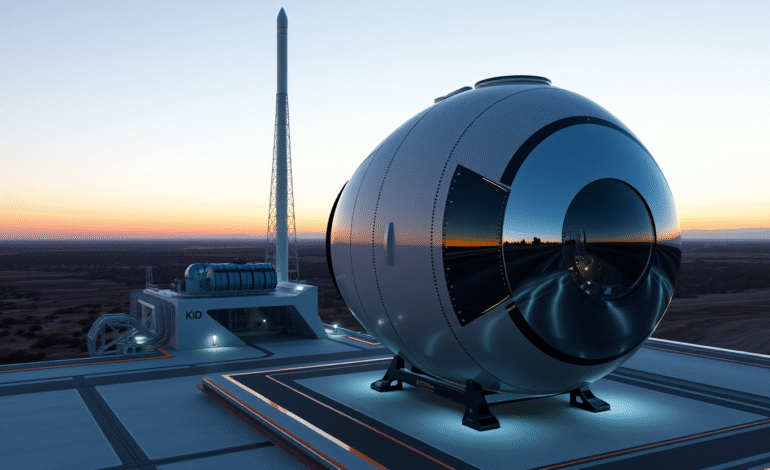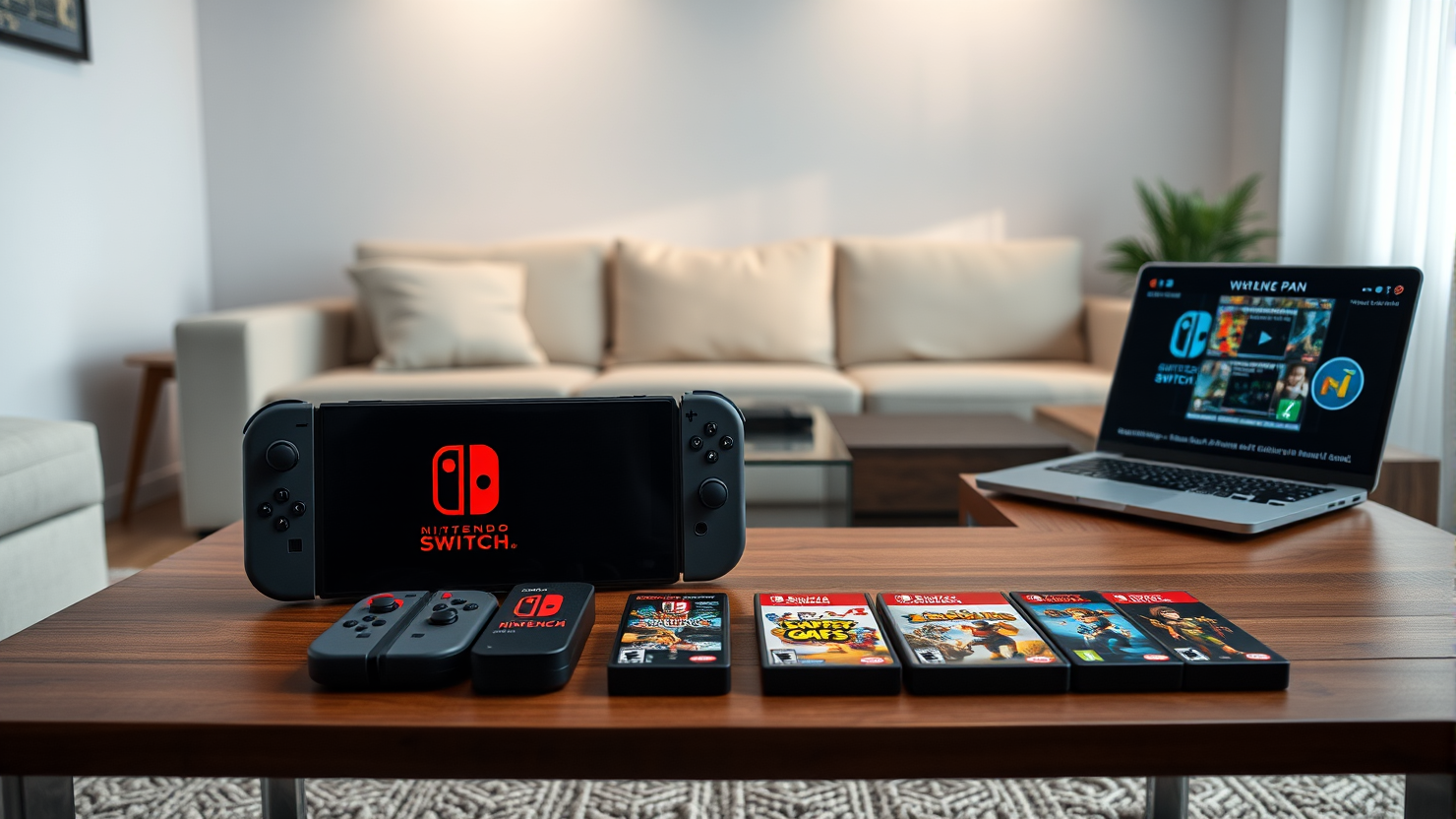Madrid-Based Startup Orbital Paradigm Prepares for Historic First Test Flight of Reusable Space Capsule KID

In the realm of aerospace, self-proclaimed skeptic Francesco Cacciatore took an optimistic leap by establishing Orbital Paradigm, a Madrid-based startup dedicated to solving one of the industry’s most daunting challenges: reentry. Alongside cofounder Víctor Gómez García, they embarked on a mission to create a reusable space capsule that unlocks new markets for zero-gravity-created materials.
After a two-decade tenure in the European aerospace sector, Cacciatore experienced a “crisis,” leading him to seize an entrepreneurial opportunity. “What was I doing?” he questioned during a recent interview. “I was offered intriguing prospects, but then I found myself at a crossroads and decided to pursue building something on my own.”
With a dedicated team of nine and a modest €1 million budget, Orbital Paradigm successfully constructed a test capsule named KID. This precursor to the future reusable spacecraft Kestrel weighs approximately 25 kilograms and measures around 16 inches in diameter. Devoid of propulsion, KID will mark the first time Orbatal launches hardware into orbit.
The clients for this initial demonstration mission include French robotics startup Alatyr, Leibniz University Hannover from Germany, and an undisclosed third party. To date, Orbital Paradigm has secured €1.5 million in seed funding from Id4, Demium, Pinama, Evercurious, and Akka.
Orbital Paradigm initially aimed to develop in-space robotics, but potential customers consistently expressed a desire for the capability to travel to orbit, remain for a while, and return – repeatedly. Cacciatore noted that clients “don’t want a one-off,” with institutions, startups, and companies frequently requiring flights between three and six times annually. Biotech companies represent a potentially lucrative market due to microgravity facilitating novel materials, drugs, and therapies that often necessitate repeat tests by design.
Rather than emulate SpaceX’s Dragon – which transports astronauts and cargo to the International Space Station – Orbital Paradigm opted for a smaller capsule. Cacciatore explained, “If you want to fly hundreds of kilograms or thousands of kilograms, then your customer is not the payload anymore, it is the destination to which you fly.”
The market for orbital return is becoming increasingly competitive on both sides of the Atlantic. In 2024, Varda Space Industries became the first company to achieve a commercial reentry, while Europe’s The Exploration Company accomplished a controlled reentry with its test vehicle this summer. American startups such as Varda and Inversion Space benefit from unique advantages, including substantial funding from the Department of Defense and other agencies for hypersonic testing and delivery demonstrations, often in the form of non-dilutive grants or contracts that do not require surrendering company ownership.
“We don’t receive that,” Cacciatore admitted. “That’s one reason why we aim to sell to customers from the outset because we wouldn’t advance otherwise. We face a bit more strain, so we need to be agile perhaps.”
The launch date for Orbital Paradigm’s maiden mission approaches within three months, partnering with an unnamed launch provider to carry three customer payloads. Unlike KID, which won’t be recovered, the goal is to separate from the rocket, transmit data from orbit, survive the intense heat and speeds of hypersonic reentry, and communicate home at least once before impact in a confidential location.
Cacciatore acknowledged that the vehicle was designed not to land in a specific spot due to cost and complexity considerations. “We designed the vehicle not to have to land in a specific location,” he said.
The second mission in 2026 will involve a scaled-down Kestrel, featuring a propulsion system and parachute to guide the capsule to the Azores, where Portugal’s space agency is developing a spaceport. Like the first mission, there will be no orbital phase – it will simply launch, spend around 30 minutes in microgravity before returning – but in this case, Orbital Paradigm will recover both the vehicle and the payloads within.
Cacciatore expressed pride in his team’s accomplishments thus far but remained mindful of the lengthy journey ahead: “Until we fly, we haven’t truly done much,” he said. “Words are meaningful, but flying is the ultimate test.”






